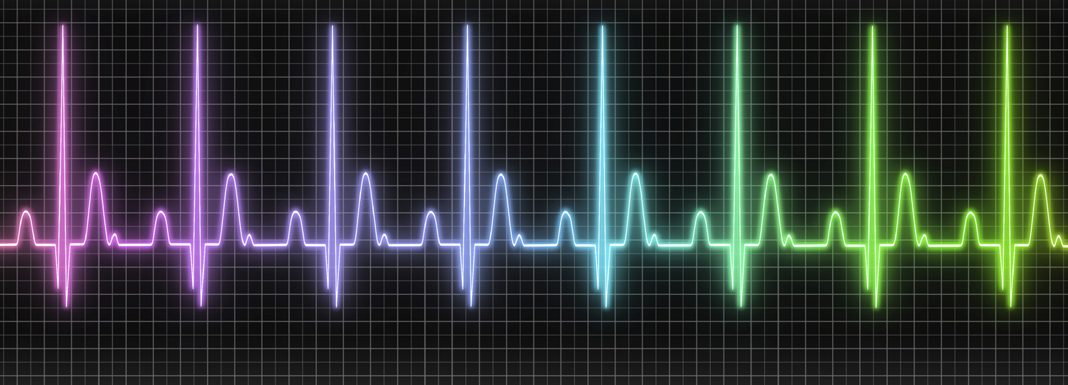Having high blood levels of cholesterol increaes your chances of getting a heart attack, but your blood cholesterol level is influenced far more by how many calories you eat than by how much cholesterol is in the food you eat.
Cholesterol is found only in foods from animals, such as meat, fish, chicken, dairy products and eggs. It is not found in plants. However, more than 80 percent of the cholesterol in your body is made by your liver, and less than 20 percent comes from the food that you eat. When you take in more cholesterol, your liver makes less. Your liver makes cholesterol from saturated fats by breaking them down into acetone units. If you are not taking in too many calories, your liver uses the acetone units for energy, but if you are taking in more calories than your body needs, your liver uses these same acetone units to manufacture cholesterol. That explains why taking in two eggs a day does not raise blood cholesterol levels in the average North American. When they take in more cholesterol in food, the liver manufacturers less.
An article in the Journal of Lipid Research (August 1999) shows that the average North American takes in 350 mg per day of cholesterol. If he takes in 26 mg per day, he absorbs 41 percent. When he takes in 188 mg cholesterol per day, he absorbs only 36 percent, and when he takes in 421 mg per day (the equivalent of two eggs), he absorbs only 25 percent. Some people absorb more than 5 times as much as other people at the same intake. You lower blood cholesterol levels far more effectively by eating less food than you can by just restricting meat, seafood, poultry and eggs for their cholesterol content.
Checked 6/3/17


